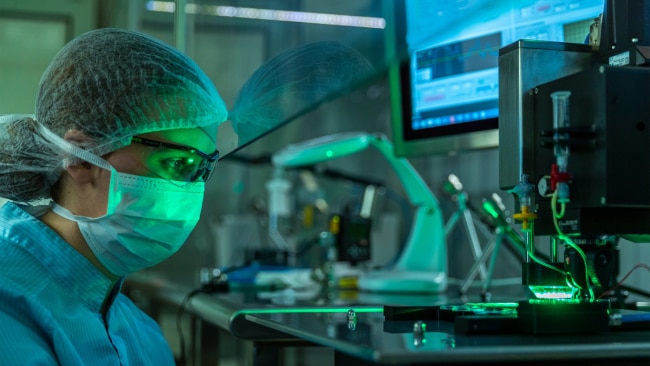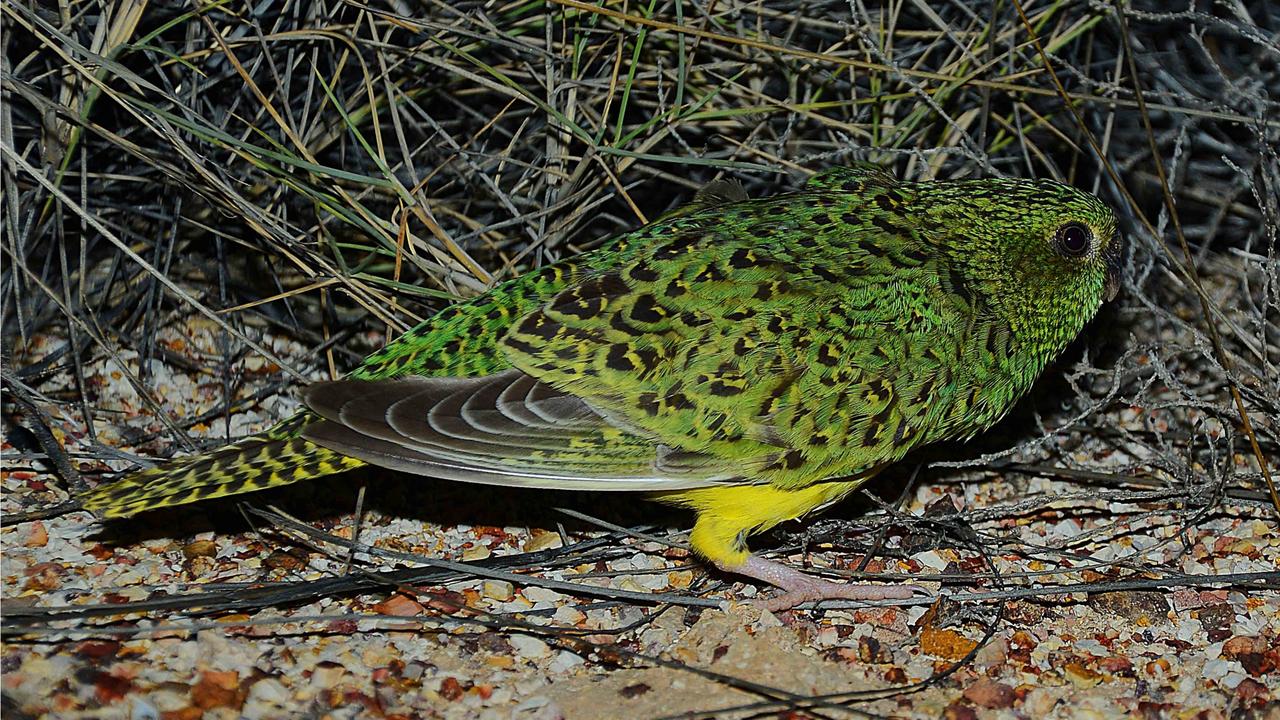No rash promises, but eczema itch relief on the way
When Vicky Kuhnell’s son developed eczema, it brought back memories of her father’s battle with psoriasis.

When Vicky Kuhnell’s son Jackson developed eczema at five months, it revived memories of her father Bill’s battle with the more severe disease psoriasis.
“He had sores all over his body,” she says. “It was terrible. There was medication but it had long-term effects, and whatever he used, it always came back.”
Now three, Jackson’s condition is mostly under control with steroid creams, but he can wear only cotton and must avoid most types of sunscreen, or the itches and scratches return.
Ms Kuhnell worries about the side-effects of the steroids, which have changed little since she and he twin sister suffered eczema as teenagers in the 1980s.
One in five Australian children develops eczema and about 2 per cent of people suffer incurable psoriasis. Both conditions seem to run in families, suggesting a genetic trigger. Those susceptible to hay fever, asthma and food allergies seem vulnerable to eczema, and some synthetic fabrics, chemicals and plants can trigger it.
But with little known about the underlying causes of either condition, treatments such as steroids can address only the symptoms.
But that could change, after scientists uncovered the molecular mechanisms underpinning rashes sparked by the poison ivy.
The study, reported in the journal Nature Immunology, found an immune molecule in the skin, known as CD1a, reacted with an organic compound called urushiol, long recognised as the active ingredient in poison ivy and other itch-triggering plants.
Exhaustive experiments by researchers at Melbourne’s Monash University, including imaging using the Australian Synchrotron, showed how the two molecules worked together to cause irritation.
Meanwhile, scientists at Harvard University in Massachusetts engineered mice with the CD1a-producing gene and found them susceptible to poison ivy rashes. When they introduced an antibody to block the CD1a function, it eliminated the response. Experiments using human cells of psoriasis sufferers had similar results.
“(It proves) that CD1a is the cause of this response,” said Monash co-author Tang Yongqing. He said the molecule was confirmed as a target for drugs to treat conditions such as psoriasis and eczema and temporary rashes.
Dr Yongqing said the Harvard team had applied for a patent for the antibody, but more research was needed to establish its safety and “optimise” it for human use.



To join the conversation, please log in. Don't have an account? Register
Join the conversation, you are commenting as Logout